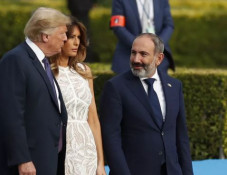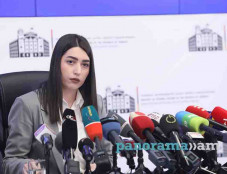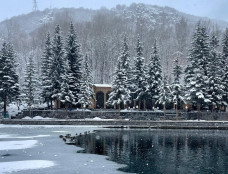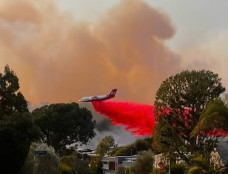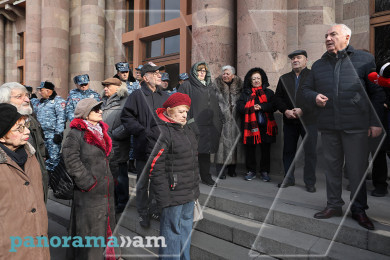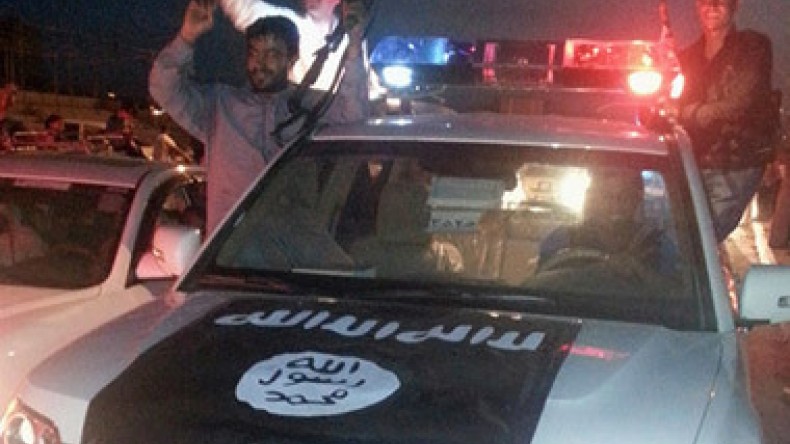
‘ISIS opening English-speaking schools disturbing. Will they teach twisted Islamic ideology?’
By starting English-language schools, ISIS is trying to position itself as something more than a fighting force, Mo Ansar, political and social commentator, told RT. It seeks social, ethical and moral credibility in the region to keep attracting new fighters.
RT: ISIS has opened two schools for English-speaking children in Syria, what do you think about that?
Mo Ansar: I think the news has been disturbing. I think it’s also been unsurprising. We’ve seen two schools open up, a boy’s school called Abu Mus’ab Zarqawi School which is formally known as Al Qadhim School and a girl’s school which is known as the Aisha School. I think we’ve seen a number of foreign fighters going out to the region and we’ve seen just this week three girls from East London also going out to the region. Ultimately, children of people who have gone out to the region and children who were born in the region to English speaking families are going to need educating. But I think larger these children are casualties of war, they are innocents in this affair. I think some of the broader concerns are going to be about what they are being taught when it comes to issues of Aqeedah and Fiqh, issues around Islamic jurisprudence and the kind of Islamic curriculum they are going to be teaching. Are they going to be teaching something from an authentic liberal tradition of Islam or are they going to be teaching a potentially twisted ideology? And I think these are real concerns especially since ISIS has been condemned by Muslim schools from all around the world.
RT: How do you think the situation with ISIS in Syria is going to develop?
MA: The situation we see in Syria and Iraq has been quite fluid. The ISIS has tried to establish a cross-border caliphate. However we’ve seen the YPG (People's Protection Units) supported by the US in airstrikes, especially in Kobani, recently help force ISIS out of the territory. I think what we are going to see is going to be a continuing surge in that conflict. It’s interesting because of course not too long ago the PKK (Kurdistan Workers' Party) and the Kurdish fighters were prescribed as terrorist organizations, so the fact that they are now allies with the US is very interesting because ostensibly those fighters, those groups, those militias who are fighting that faction are exactly the same. I think we’ve seen the YPG advanced to within about three miles of Tel Hamis, although the region which is of most interest is about 200 kilometers away. I think we’ll continue to see fighting. And of course the obvious concern is going to be, are these children now going to be caught in the conflict because F-18s and fighter planes which are air striking the region cannot really tell the difference between children, adults, what faction they belong to, whether they are ISIS or whether they are the local population. I think these are really great questions.
RT: Can we say that soon ISIS might come to Europe?
MA: I’m not sure whether we can say whether this territory the ISIS now controls will be expanding into Europe. I mean they haven’t reached the borders of Lebanon and Israel. And you would consider that if anything they were going to be a threat to the Israeli State before they are certainly a threat to Egypt or Lebanon or further afield even into Europe. I mean they are really quite far off from being that kind of a threat. I think clearly ISIS are trying to position themselves as something more than just a fighting force, that are trying to be seen to be controlling and delivering local services, children’s services, presumably also adult services. And this I suppose is a natural evolution for that organization to be trying to provide this kind of thing. They want social, ethical and moral credibility in the region, and ostensibly to keep attracting foreign fighters especially from the English-speaking world. This is why it is important that Islamic scholars, Muslim commentators, leading figures speak up and step up and say to people “Don’t go out to the region, don’t go to join them, don’t go to fight them, it’s not your warand this is a twisted ideological form of Islam we shouldn’t be getting engaged with.”
Newsfeed
Videos





